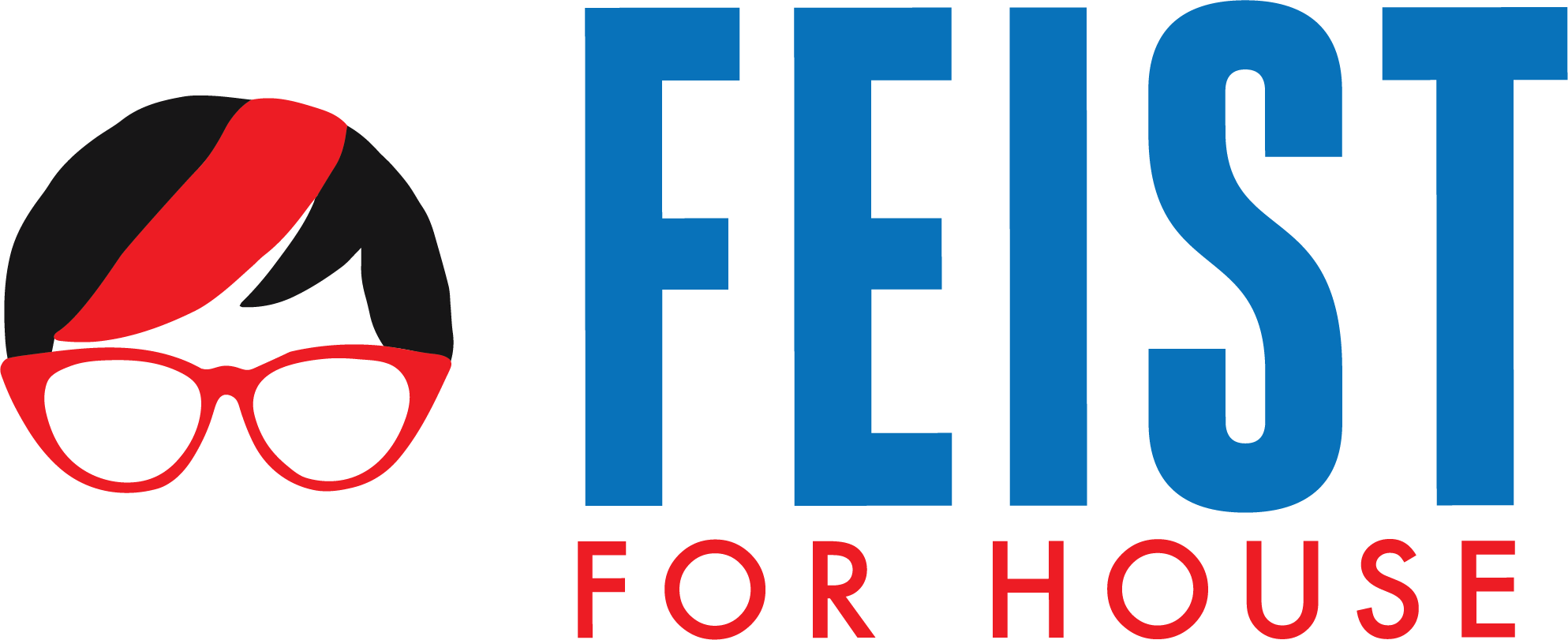Reflections as a Hurricane Katrina Evacuee, 15 Years Later
Fifteen years ago, I evacuated New Orleans with a change of clothing and my law school books. It was a cloudless, sunny day and the only indication of Hurricane Katrina was the long lines of cars snaking into the streets from the gas stations. My friends and I drove to Hot Springs, Arkansas to spend what we thought would be a long weekend before we returned home. I have this surreal memory of watching the movie “40-Year-Old Virgin” and trying not to think about the hurricane bearing down on my home. On Monday, August 29, 2005, I woke up and went to the front desk of my motel for a Styrofoam cup of coffee. The clerk informed me that Hurricane Katrina had strengthened to a Category 5 and was headed directly into the city of New Orleans.
In the coming days, my friends and I drove north in a haze, uncertain if our homes had been destroyed. We stopped at a restaurant where the stranger who overheard our conversation about the evacuation paid for our lunch and the waitresses surrounded around our table with bags of groceries that they’d gathered for us. We continued our drive in long stretches, eventually stepping out of our car into the brisk autumn air of Minnesota where we had landed to be with our respective families.
What followed was a whirlwind of generosity and the kindness of strangers. At William Mitchell College of Law, they took my word for it that I was a displaced law student and arranged for me to transfer, paying for all of my new books. A professor offered up their home if I needed a place to stay, and to go for walks with me if I needed someone to lend an ear. The students presented me with gift cards they’d collected as donations to displaced students. Friends of friends of relatives mailed me heartfelt cards from across the country and checks to help me get back on my feet. On my first day at William Mitchell, I met the man I would eventually marry standing in line at the cafeteria. Thank goodness he said “Yes” when I said, “I have no friends here. Can I sit with you?”
I’ve often reflected on my experience evacuating after Hurricane Katrina and how it has impacted my personal evolution and worldview. First and foremost, it taught me that ‘it takes a village.’ My own experience was heartening as I relied on the kindness of strangers as a novelty evacuee far from New Orleans. But back in New Orleans, I saw the devastation roll through communities whose entire support network had been wiped out and the disparity in their experience riding the storm out in the Superdome and on the roofs of the 9th Ward. I will never forget watching the news in Minnesota as the pain of New Orleanians swelled across the country on cable news only to recede again as everyone returned to their daily lives and forgot about what they had seen. The lesson: We can’t rely on random acts of charity to ensure that all residents of this country have the support they need – especially when times get tough, whether it be from a natural disaster or a public health disaster. Funding is critical to rebuild economies, schools, and housing. This means planning ahead to step in to support our cities and communities when the going gets tough.
We must also plan ahead through vigorous protection of our natural resources. There is no question that climate change has led to increased frequency of what we previously characterized as “once in a lifetime disasters.” In New Orleans, the sea level rise and storm surge were exacerbated by climate change and dramatically increased the damage caused by Hurricane Katrina. Right now, the wildfires in California have consumed nearly 1 million acres as of the time I am writing this. Scientists agree that these catastrophic wildfires are the result of a hotter, drier climate that has been caused by climate change. Here in Minnesota, across the country, and across the globe, we need to support bold policies that decrease fuel emissions, improve energy efficiency, and take the steps necessary to combat the impact of climate change on our environment.
On a personal level, my experience with the unanticipated upheaval of my evacuation from New Orleans taught me resilience, agility, and gratitude. As I now face the challenge of running an immigration law firm in the Trump era and in a pandemic, and of running for public office in these unprecedented times, I draw on the inner strength that I connected with after Katrina. We are defined by the challenges we face. They make us stronger and give us perspective on what matters. While I was already a firm Democrat prior to Katrina, the experience reinforced these values and created in me a sense of urgency that led me to focus my career not only on advocating for my clients, but advocating for all immigrants to the United States. I am honored to now be a candidate for the Minnesota House of Representatives, where I will apply the lessons I learned as an evacuee to my work to make Minnesota a place where everyone has opportunity and all are welcome.
